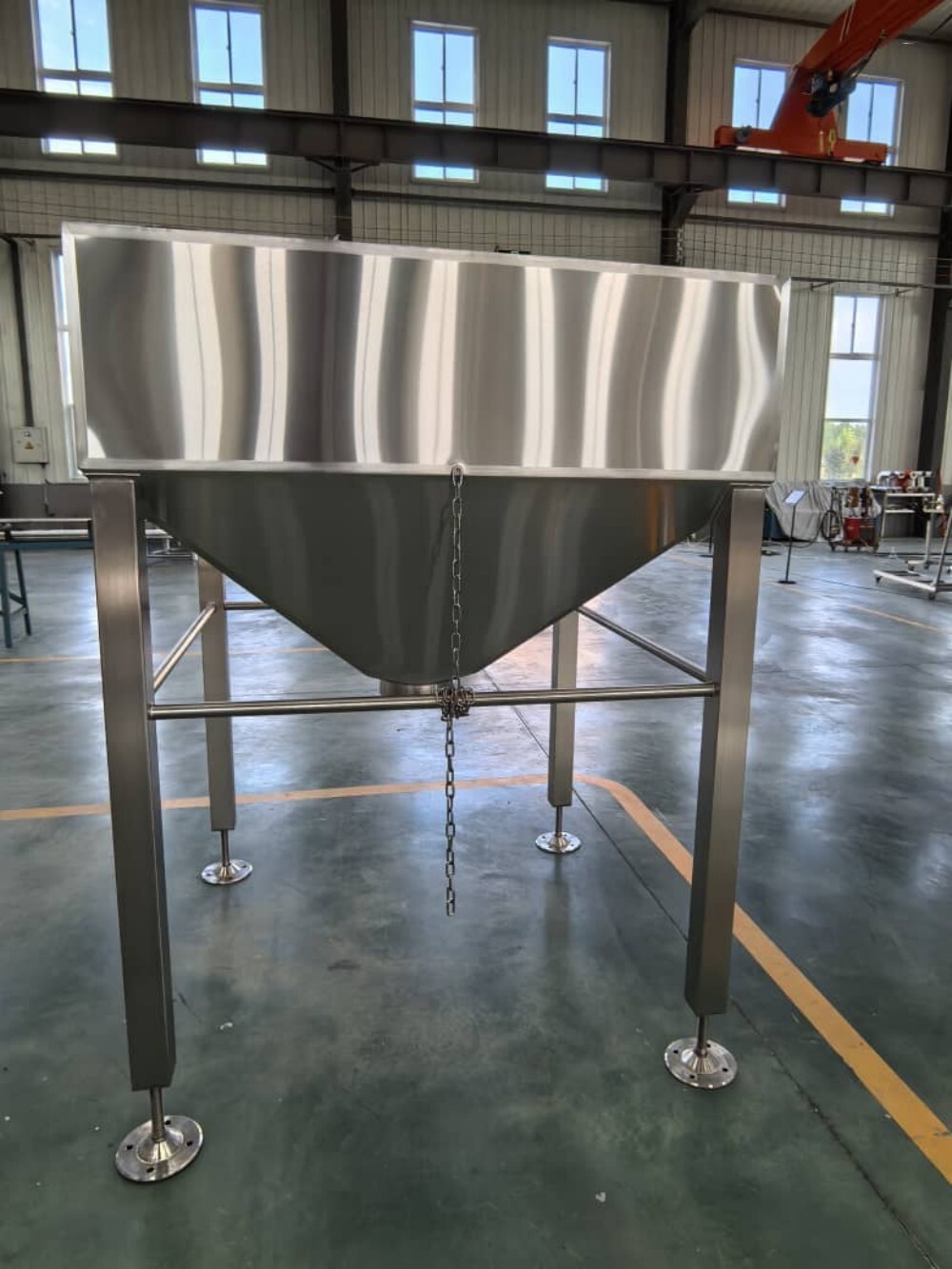
Revolutionary Advancements in Malt Miller Technology
Discover groundbreaking innovations in malt miller technology that are revolutionizing craft breweries and beverage processing. From advanced grist hopper designs to precision milling systems, these cutting-edge upgrades enhance efficiency while maintaining superior grain quality. As industry leaders in stainless steel brewing equipment, we unveil how modern malt mills optimize your production workflow for craft beer, kombucha, and distilling operations.
1. Precision Engineering in Modern Grist Hoppers
The grist hopper, often overlooked as a simple storage component, has undergone transformative redesigns. Contemporary models now feature:
- Anti-bridging geometry that prevents grain clumping
- Integrated load cells for real-time weight monitoring
- Modular designs allowing capacity adjustments
- FDA-grade stainless steel contact surfaces
These innovations solve persistent issues like inconsistent feed rates and cross-contamination between batches. For operations using a 200L 2 Vessel brewhouse, properly milled grain directly impacts lautering efficiency and final product clarity.
2. Intelligent Milling Systems
Modern malt mills now incorporate:
3. Integration with Brewery Automation
Leading systems now offer:
- PLC interfaces for recipe-based gap adjustments
- Cloud-based performance tracking
- Predictive maintenance alerts
This digital transformation reduces human error while allowing remote monitoring—critical for facilities running multiple 200L 2 Vessel brewhouse units simultaneously.
4. Material Science Breakthroughs
Advanced 304 stainless steel alloys now provide:
- 50% greater wear resistance than traditional rollers
- Corrosion protection for high-acidity kombucha production
- Non-reactive surfaces meeting food safety standards
5. Operational Cost Reductions
Comparative studies show:
Why Choose Our Solutions?
With years of experience designing and manufacturing brewery equipment, we deliver top-tier solutions combining German engineering precision with American manufacturing standards. Our skilled professionals ensure every malt mill integrates seamlessly with your existing brewhouse—whether you're producing craft beer, kombucha, or distilled spirits.
Frequently Asked Questions
Q: How often should mill rollers be replaced?
A: Modern 304 stainless steel rollers typically last 8-10 years with proper maintenance.
Q: Can malt mills handle non-traditional grains?
A: Yes, advanced systems accommodate quinoa, buckwheat, and other alternative fermentables.
Q: What's the ROI for upgrading milling equipment?
A: Most operations recoup costs within 18-24 months through energy savings and increased yield.
Tell us about your brewery equipment requirements!
At ZYB Craft, we’re dedicated to bringing your brewery vision to life. Our expert team of brewers, engineers, and craftspeople is ready to design and manufacture the perfect equipment for your brewing operation. Whether you’re just starting or expanding, we’re here to help. Please leave your specifications, and our team will get in touch to discuss your project in detail. We’ll work closely with you to create equipment that meets your unique needs and budget.
*Rest assured, your information will be kept confidential and used solely for the purpose of assisting you with your brewery equipment needs. We look forward to brewing success together!

